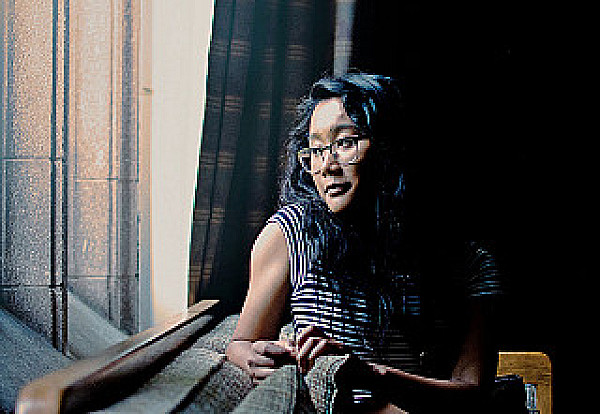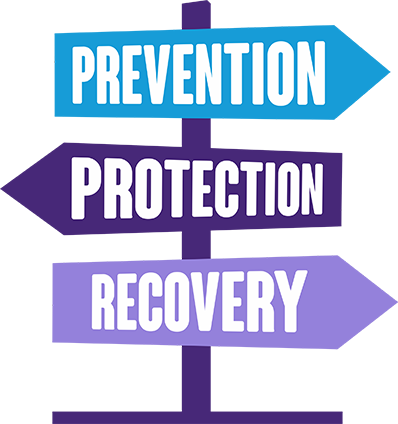I'm worried about someone else

Are you worried about a friend, family member, or colleague experiencing domestic abuse?
Domestic abuse can happen to anyone, regardless of age or background. In the UK, one in four women and one in six men will experience domestic abuse during their lifetime. Research shows that victims of abuse are most likely to turn to someone they know, such as friends, family members, neighbours, or colleagues, for help.
However, it can be difficult to know how to respond when someone confides in you about their abuse. It's common for people to ask, "Why don’t you just leave?" but it's important to remember that leaving an abusive relationship can be complex and dangerous. Victims face an increased risk of harm when trying to leave.
How to respond
It is common to feel like you don’t know enough to respond well, but simply listening can help, particularly when the person is able to talk to someone they trust, and offering emotional and practical support is helpful.
If you're worried about someone, gently express your concern and ask if they're okay. You could mention changes you've noticed in their behaviour, such as withdrawing or being more quiet than usual. It's okay to say, "You seem a bit down, I'm worried about you."
When responding to a disclosure of abuse, listen with an open mind and a supportive attitude. Let the person know that they're not to blame for the abuse, that you're concerned and want to help, and offer to support them in accessing Specialist Domestic Abuse Support Services. Discuss the available options and help them make an informed decision about what to do.
Safety planning
Living with abuse can be extremely difficult and dangerous, and it's important to plan for safety. Encourage the person to seek advice from a professional so they can help and support with this.
You can offer to support the person being abused by helping them to contact Lincolnshire Domestic Abuse Specialist Service (LDASS) on 01522 510041. Email: Info@ldass.org.uk or use the chat function.
Share safety information with them, such as keeping their phone charged and on them at all times and calling the police in an emergency.
Click here to access our safety planning guide which includes helpful safety tips.
What not to do
Helping a person in an abusive relationship can be a gradual process. It is important not to pressure the person being abused into leaving, they need to make their own decisions in their own time.
What else can I do to help?
If you're worried about someone, it's important to seek advice from a professional. You can reach out to us for a confidential chat. If you prefer, you can contact us anonymously. The staff at our support hub are there to help and support.
In addition, there's a 24-hour National Domestic Abuse Helpline on 0808 2000 247 that provides support outside of regular business hours. They can offer further advice and assistance.
You can also request information about the current or ex-partner of a friend or relative through the Domestic Abuse Disclosure Scheme (also known as Clare's Law) by contacting the police. For further information about this scheme click here.
Further information and support
Advice for friends and family of LGB and/or T+ people who might be in abusive relationships, from Galop - click here
Advice for friends and family of LGB and/or T+ people who might be an abusive or controlling partner, from Galop - click here

